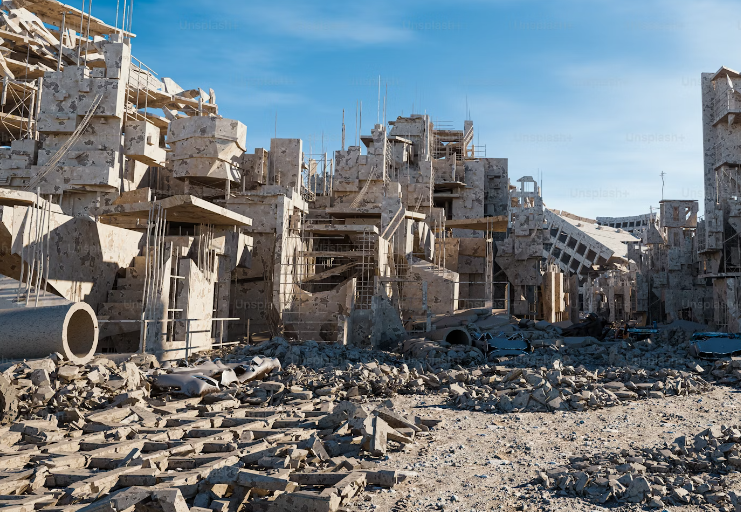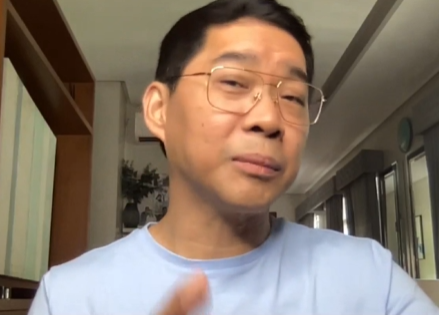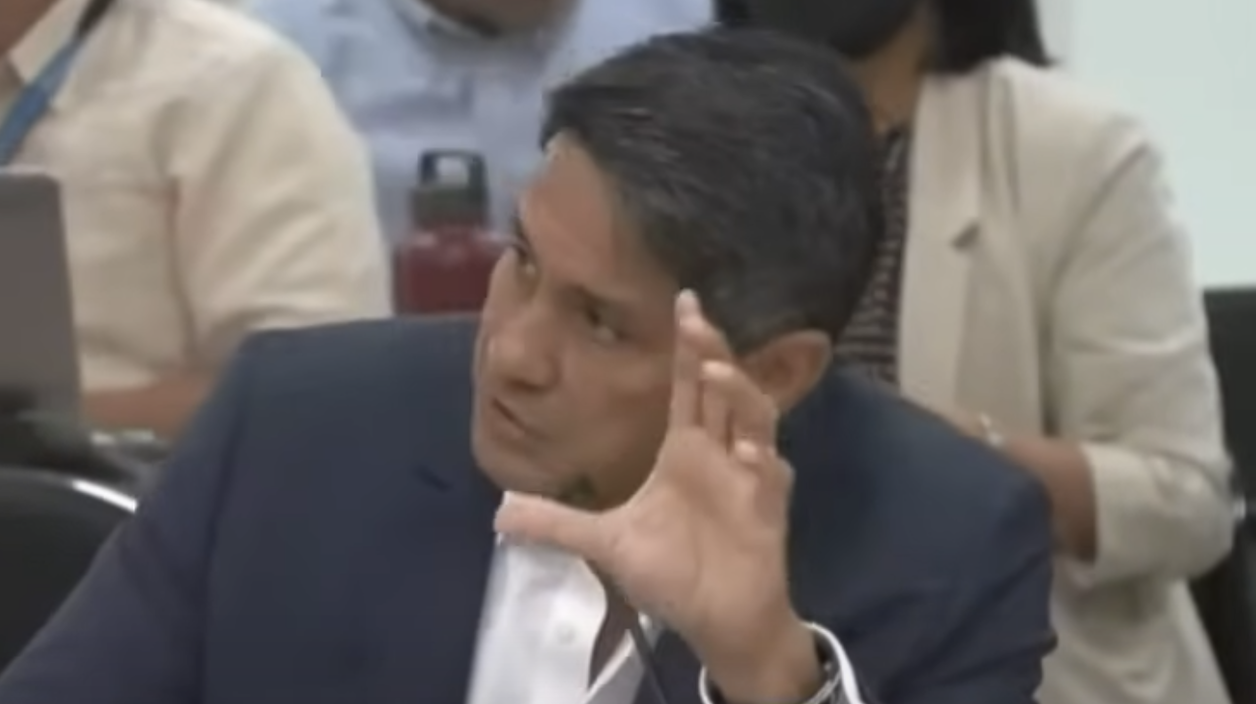Navigating Change: A Closer Look at Recent Legislative Proposals in the Philippines
The legislative landscape in the Philippines is dynamic, with lawmakers continuously introducing bills aimed at addressing pressing social, economic, and environmental issues. Understanding these proposed reforms is crucial for citizens who wish to stay informed about policies that may impact their lives. In this blog, we will analyze some of the latest proposed bills in Congress, exploring their potential implications and significance for the Filipino people.
1. Education Reform Bills
Education remains a cornerstone of national development, and several proposed bills focus on improving the quality and accessibility of education in the Philippines. Key proposals include:
- Expanded Access to Education: Bills aimed at increasing access to education for marginalized communities and underprivileged sectors have gained traction. These proposals often include provisions for scholarships, financial assistance, and the establishment of additional schools in remote areas.
- Curriculum Overhaul: Some lawmakers are advocating for a comprehensive review and update of the national curriculum to better align with modern skills requirements, including digital literacy and critical thinking. This reform aims to prepare students for the demands of the global job market.
2. Health Sector Reforms
The COVID-19 pandemic has highlighted vulnerabilities in the Philippine healthcare system, prompting lawmakers to propose reforms aimed at strengthening healthcare services. Notable bills include:
- Universal Health Care Expansion: Proposed measures seek to enhance the implementation of the Universal Health Care Law, ensuring that more Filipinos have access to essential health services without financial hardship. This includes expanding coverage for outpatient services and preventive care.
- Mental Health Legislation: As awareness of mental health issues grows, several bills have been introduced to strengthen mental health services, increase funding for mental health programs, and promote mental health awareness campaigns across the country.
3. Environmental Protection and Climate Change Mitigation
With the Philippines being one of the most vulnerable countries to climate change, environmental protection is a key area of legislative focus. Recent bills include:
- Plastic Waste Management: Proposed legislation aims to reduce plastic waste through stricter regulations on single-use plastics, encouraging businesses to adopt sustainable practices and promoting the use of biodegradable alternatives.
- Renewable Energy Incentives: Lawmakers are pushing for incentives to encourage the development and use of renewable energy sources, such as solar and wind power. This initiative aims to reduce reliance on fossil fuels and promote energy independence.
4. Economic Recovery and Labor Rights
As the nation recovers from the economic impact of the pandemic, several proposed bills focus on economic recovery and labor rights:
- Job Creation Programs: Bills aimed at stimulating job creation through public infrastructure projects, tax incentives for businesses, and support for micro, small, and medium enterprises (MSMEs) have been introduced to boost the economy.
- Labor Rights Protection: Proposed measures seek to strengthen labor rights, ensuring fair wages, job security, and safe working conditions. This includes provisions for the protection of gig workers and those in non-traditional employment.
5. Anti-Corruption Measures
Corruption remains a significant challenge in the Philippines, and lawmakers are proposing various measures to enhance transparency and accountability in government:
- Strengthening the Office of the Ombudsman: Proposed legislation aims to empower the Office of the Ombudsman to investigate corruption more effectively, ensuring that government officials are held accountable for their actions.
- Whistleblower Protection Laws: Bills focused on protecting whistleblowers are gaining attention, encouraging individuals to report corruption and unethical practices without fear of retaliation.
6. Public Participation and Transparency
To foster a more democratic process, several proposed bills emphasize the importance of public participation and transparency in governance:
- Enhanced Citizen Engagement: Proposed measures encourage greater public participation in the legislative process, including mechanisms for citizens to provide input on proposed bills and policies.
- Access to Information: Bills aimed at improving access to government information and promoting transparency in public spending are gaining traction, ensuring that citizens can hold their leaders accountable.
Conclusion: The Road Ahead for Legislative Reform
The proposed bills currently under consideration in the Philippine Congress reflect the diverse needs and aspirations of the Filipino people. As these reforms address critical issues in education, healthcare, environmental protection, economic recovery, and governance, it is essential for citizens to stay informed and engaged.
Active participation in the legislative process is vital for ensuring that these proposed reforms align with the interests of the public. By advocating for transparency, accountability, and inclusive policymaking, Filipinos can contribute to shaping a more just and equitable society.
As these bills progress through Congress, the outcomes will significantly impact the nation’s future. Together, let’s continue to monitor these developments and support initiatives that promote the welfare of all Filipinos.





